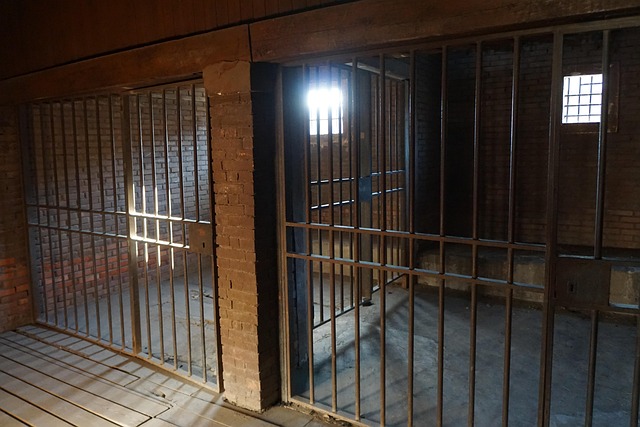Rural and urban areas face contrasting challenges in enforcing DUI laws due to differences in population density and resources. Rural regions struggle with fewer officers and limited mental health services, leading to less stringent enforcement and higher untreated substance use disorder rates among drivers. Urban centers have specialized DUI units and stricter penalties, focusing on public safety campaigns, benefiting from denser healthcare networks. Both settings require tailored approaches considering the complex relationship between mental health, impairment, and driving behavior.
In the interplay between rural and urban settings, distinct nuances emerge regarding DUI (Impaired Driving Under the Influence) laws. This article explores these disparities, focusing on understanding how geographical contexts shape legislation, mental health considerations, and consequent support systems. While rural areas may face challenges in law enforcement due to lower populations and limited resources, urban centers grapple with high congestion and diverse impairment scenarios. Delving into these contrasts illuminates crucial aspects of managing Mental Health and Impaired Driving, emphasizing tailored strategies for effective prevention and mitigation.
- Understanding Rural and Urban DUI Laws
- Mental Health and Impairment: A Unique Perspective
- Consequences and Support Systems in Different Settings
Understanding Rural and Urban DUI Laws

In the realm of impaired driving, understanding the nuances between rural and urban DUI laws is paramount. Rural areas, characterized by lower population densities and more open spaces, often present unique challenges when it comes to enforcement. With fewer patrol officers per square mile, monitoring and enforcing drunk driving laws can be less stringent compared to urban centers. This doesn’t diminish the severity of the issue; however, it does influence how law enforcement approaches prevention and prosecution.
On the other hand, urban DUI laws are shaped by the dense population and complex traffic patterns. Cities often have more resources dedicated to traffic enforcement, including specialized units focused on impaired driving. Additionally, the impact of impaired driving in urban areas is felt more acutely due to high pedestrian and vehicle volumes. Consequently, urban laws tend to be stricter, with enhanced penalties and a stronger emphasis on public safety initiatives, such as education campaigns targeting mental health awareness related to drunk driving.
Mental Health and Impairment: A Unique Perspective

In discussions around mental health and impaired driving, rural and urban areas present unique perspectives. Rural communities often face challenges related to limited access to mental health services and higher rates of isolation, which can exacerbate the impact of substance use disorders. Consequently, individuals in these regions might be less equipped to manage their conditions effectively before getting behind the wheel. On the other hand, urban settings typically boast a denser network of healthcare facilities and support systems, potentially reducing the prevalence of impaired driving linked to mental health issues.
However, the relationship between mental health, impairment, and driving is complex. Urban areas may see more instances of distracted or impulsive driving due to higher stress levels and fast-paced lifestyles, while rural areas could have a greater number of drivers operating under the influence of untreated mental health conditions. Understanding these nuances is essential in shaping effective DUI laws that consider both geographical context and underlying health factors.
Consequences and Support Systems in Different Settings

In rural areas, where communities are often tightly knit, individuals facing DUI charges might encounter different social dynamics. The consequences can be severe due to limited support systems and fewer resources dedicated to mental health services compared to urban centers. This lack of support can exacerbate the challenges associated with impaired driving, as individuals may struggle with isolation and a dearth of specialized care.
In contrast, urban settings boast a wealth of mental health resources and support systems tailored to address DUI-related issues. These environments offer more opportunities for accountability, therapy, and rehabilitation programs designed to help those struggling with substance abuse and the legal repercussions of impaired driving. The anonymity and accessibility of services in cities can facilitate a smoother path towards recovery and rehabilitation.
In understanding the nuances of rural versus urban DUI laws, it’s evident that mental health and impairment present unique challenges. Rural areas often lack robust support systems compared to urban centers, potentially exacerbating the consequences for those accused of impaired driving. Conversely, urban settings may face different hurdles in terms of navigating dense populations and complex legal landscapes. As we’ve explored, these disparities highlight the need for tailored approaches to address Mental Health and Impaired Driving, ensuring fairness and effective support for all individuals affected by DUI charges, regardless of their geographical location.






